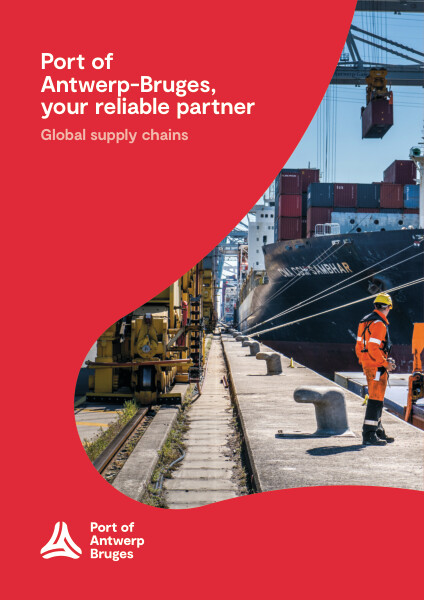Intraport network of pipelines
Within the chemical cluster in Antwerp, the industrial and independent tank storage operations are connected to each other via 48 different product pipelines or 1,000 km of pipelines that account for almost 90% of all transport of liquid goods within the port.








